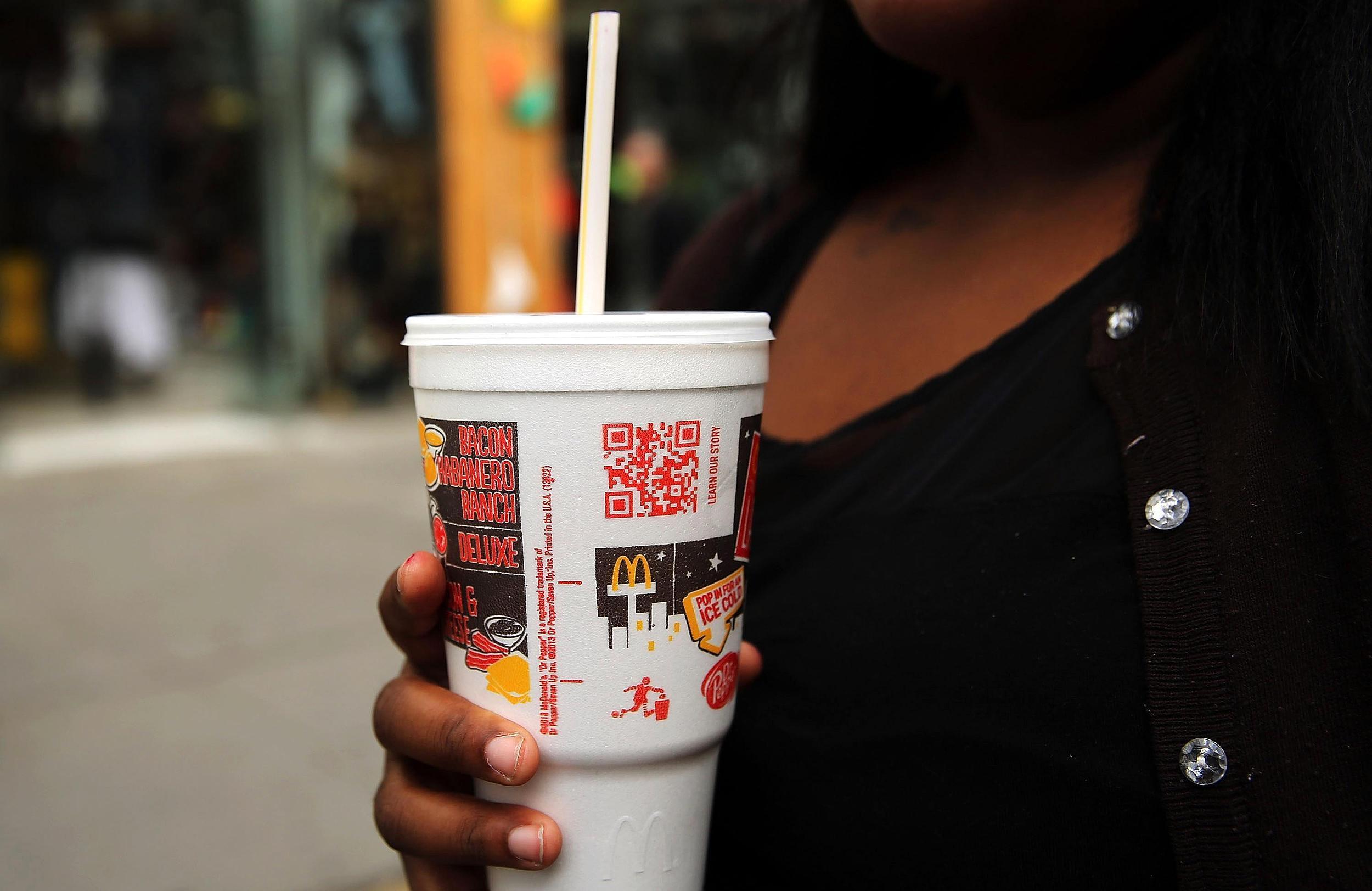Do Sugar-free Drinks Increase the Risk of Diabetes?

September is China's National Health Lifestyle Promotion Month. The campaign aims to raise awareness of the health risks associated with modern lifestyle habits, such as relying on fast food deliveries, drinking sugary drinks and spending too much time sitting down. In particular, the question of whether sugar-free beverages increase the risk of diabetes has sparked heated discussions online.
To find out more, Science and Technology Daily spoke to Tong Yuling, deputy director of the Department of General Medicine at the Second Affiliated Hospital of Zhejiang University School of Medicine. She said sugar-free beverages are not as healthy as people imagine. Under Chinese national standards, a beverage must contain no more than 0.5 grams of sugar per 100 millilitres to be labelled "zero sugar." This means not all sugar-free beverages on the market are completely free of sugar.
Most sugar-free beverages currently use "sugar substitutes" to mimic the taste of sugar. These include artificial sweeteners such as aspartame and sucralose, as well as natural or semi-natural sweeteners such as steviol glycosides and erythritol.
Tong said that, compared to traditional sugar, "sugar substitutes" are lower in calories and have a lesser impact on blood sugar levels, making them a useful occasional sweetener for people with diabetes. However, studies have shown that long-term excessive consumption of sugar-free beverages may stimulate the brain through sweet taste receptors, affecting insulin secretion via neural pathways. This is associated with an increased risk of diabetes, stroke and cardiovascular disease.
"Sugar-free beverages can be beneficial for controlling blood sugar levels when used as a substitute, but the metabolic safety of long-term consumption has not been fully established. Therefore, using sugar-free beverages as a source of 'daily hydration' is not recommended," said Tong.






